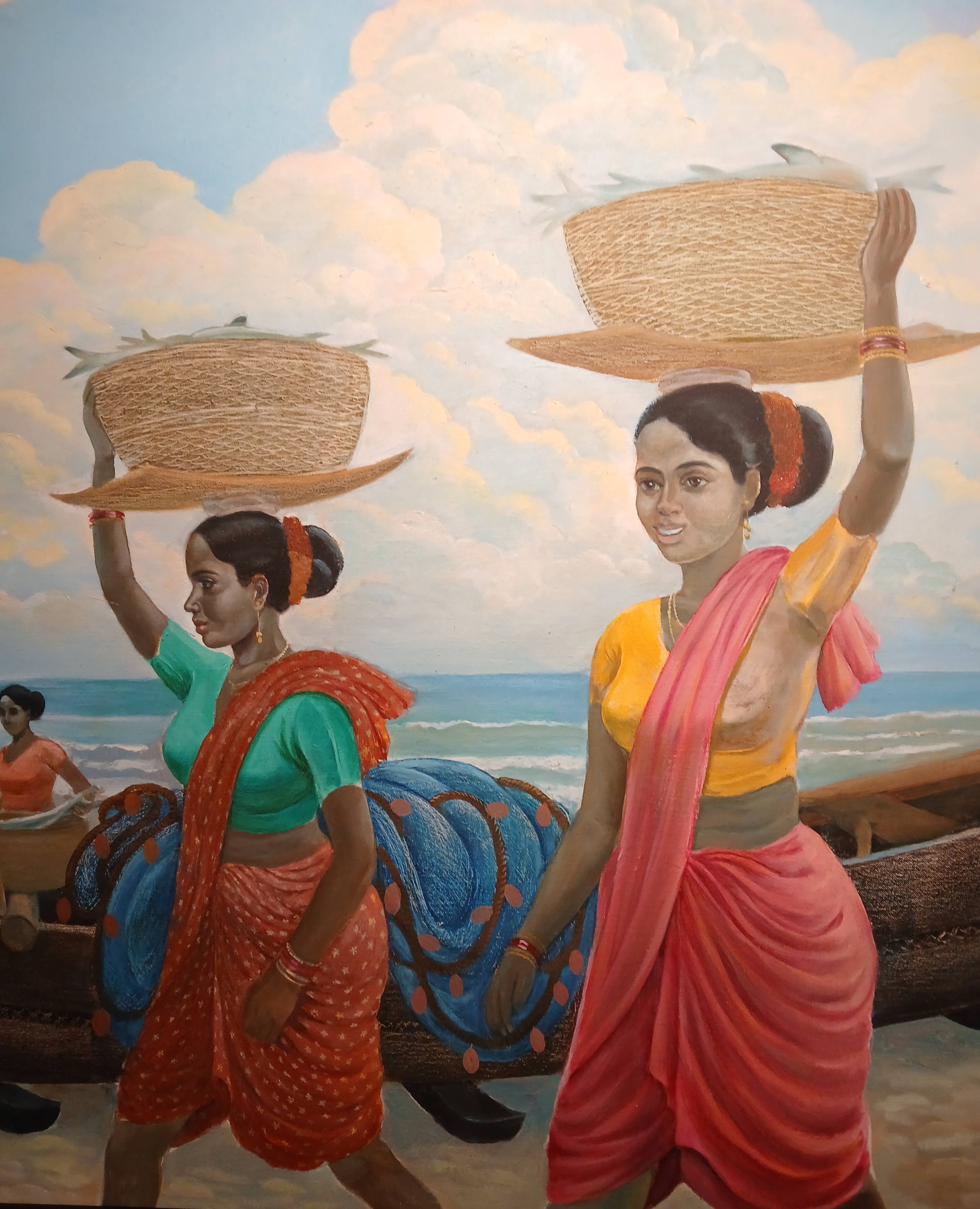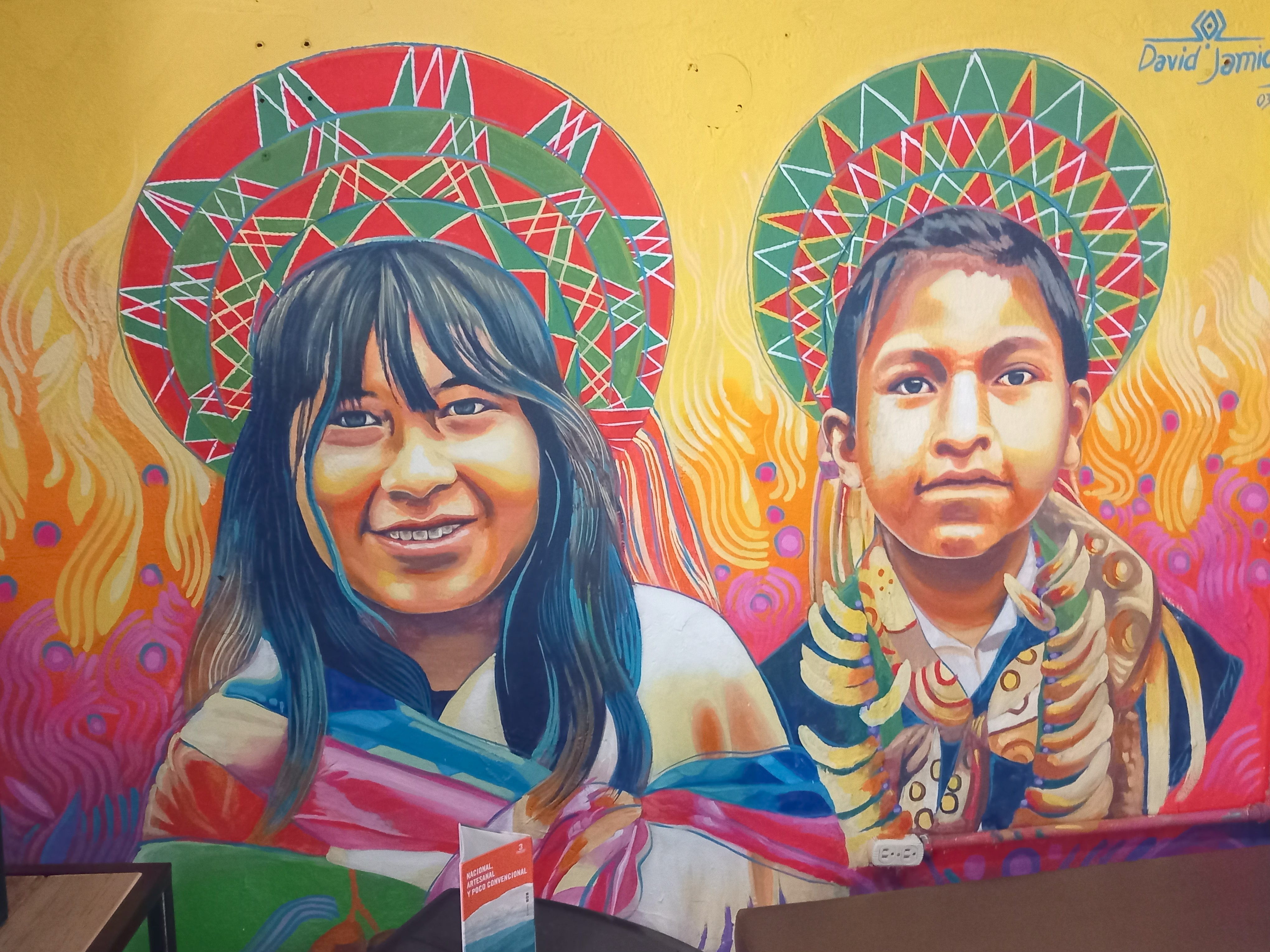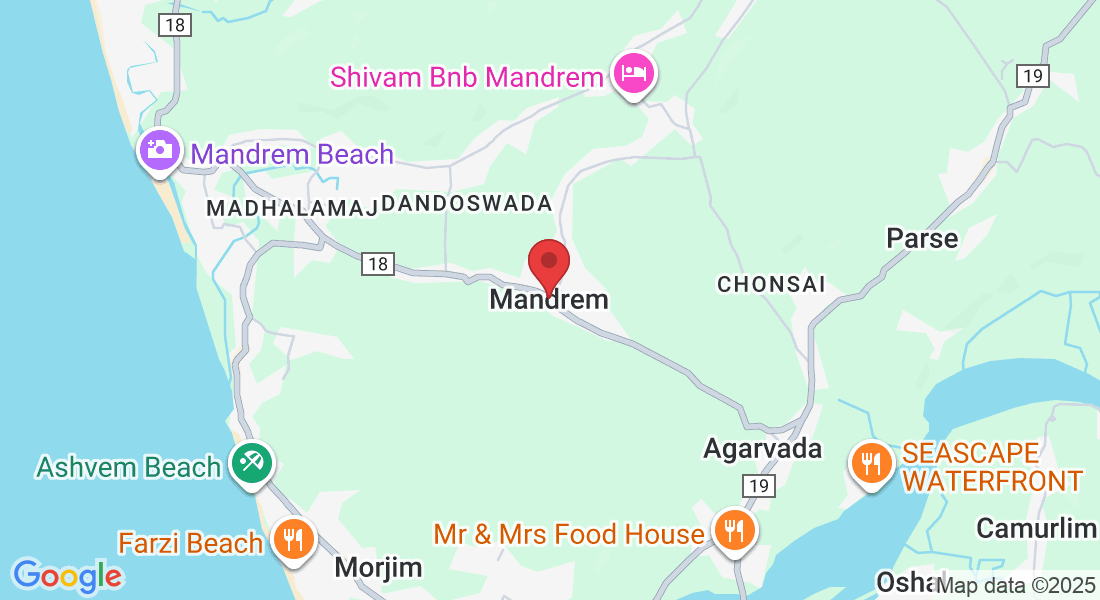WELCOME!
Where Wanderlust Meets Creativity
Hello, I’m Andrea — a lifelong traveller, maker, and lover of beautiful, meaningful adventures. Happy Days Travel and Crafts is where my two passions come together: exploring the world and creating by hand.
Here you’ll find in-depth travel guides, practical tips and tricks, and inspiration for slow, mindful journeys that let you truly connect with a place — whether you’re travelling for a few weeks or living abroad for a while. I share the kind of details that make travel easier, richer, and more personal: how to plan longer stays, find local experiences, and travel at your own pace.
And because creativity is part of every journey, you’ll also discover craft ideas inspired by travel, handmade keepsakes, and stories of makers and markets from around the world.
Happy Days Travel and Crafts is a space for anyone who loves to wander, make, and live creatively — wherever the road leads. Let’s fill our days with discovery, connection, and a little sunshine along the way 🌞.


What You Will Find on My Site

🌍 Destinations
Discover the places that have captured my heart. Here you’ll find detailed travel guides, local tips, and stories from the road — all focused on slow, meaningful travel and real experiences that bring a destination to life.

🧵 Crafts
A celebration of creativity, both at home and on the road. From slow stitching and handcrafting to workshops around the world, these are the crafts that connect us, calm us, and remind us to create with care.

✨ Articles
Personal stories, reflections, and reviews inspired by travel and making. From heartfelt memories to creative musings, these articles share the moments that make every journey — and every handmade piece — unforgettable.

🌿 Resources
A curated collection of my favourite travel and crafting essentials — the companies, products, and tools I trust and use myself. Everything here is chosen with care to make your adventures and creative projects a little easier and more joyful.
My Latest Blogposts

Wetting New Sand: A Visit to the Museum of Goa
A reflective visit to the Museum of Goa (MOG), where contemporary art, Goan history, craft, and storytelling come together — from Narakasur and matoli to chillies, crochet, and community. ...more
Destinations
December 21, 2025•7 min read

The Best Things to do in Bogotá, Colombia
The best things to do in Bogotá — from the historic streets of La Candelaria and treasures of the Museo del Oro, to riding the funicular up Cerro de Monserrate for panoramic city views. Your guide to ... ...more
Destinations
December 09, 2025•25 min read

The Best Things to Do in Tewkesbury, Gloucestershire
Discover the best things to do in Tewkesbury, from its stunning Abbey and medieval streets to bookshops, cafés, and riverside walks — with personal, slow-travel tips. ...more
Destinations
November 25, 2025•7 min read

The Best Things to do in Cheltenham, Gloucestershire
Discover the best things to do in Cheltenham, from Regency architecture and parks to cafés, festivals, street art, and Cotswolds day trips — with personal tips. ...more
Destinations
November 25, 2025•12 min read

A Guide to Donna Nook Nature Reserve: The Best Place to See Seals in Lincolnshire
Discover Donna Nook Nature Reserve in Lincolnshire. It's a magical spot to see newborn grey seal pups from November to December. Tips, timings, and what to expect. ...more
Destinations
November 16, 2025•5 min read

Top 10 Bucket List Destinations for 2026
Whether you’re craving breathtaking landscapes, cultural immersion, or thrilling adventures, 2026 is the perfect year to tick off places from your bucket list. Here are the top 10 must-visit destinati... ...more
Destinations
October 16, 2025•7 min read
MY TESTIMONIALS
Jason's Feedback
Discovering Happy Days Travel and Crafts was a game-changer for my wanderlust-filled soul. Andrea's articles aren't just travel guides; they're immersive journeys that ignite your sense of adventure.
MY TESTIMONIALS
Helen's Feedback
I have followed Andrea and Mark for years. Their adventures have always inspired me. I wish Andrea all the best as she embarks on the next phase of her journey. I know that Mark will be with her every step of the way.

JOIN MY MAILING LIST TODAY
Get your FREE Travel Quotes EBook !
Get my newsletter, incredible offers, a Beautiful Ebook, and 15% off items in my shop.


